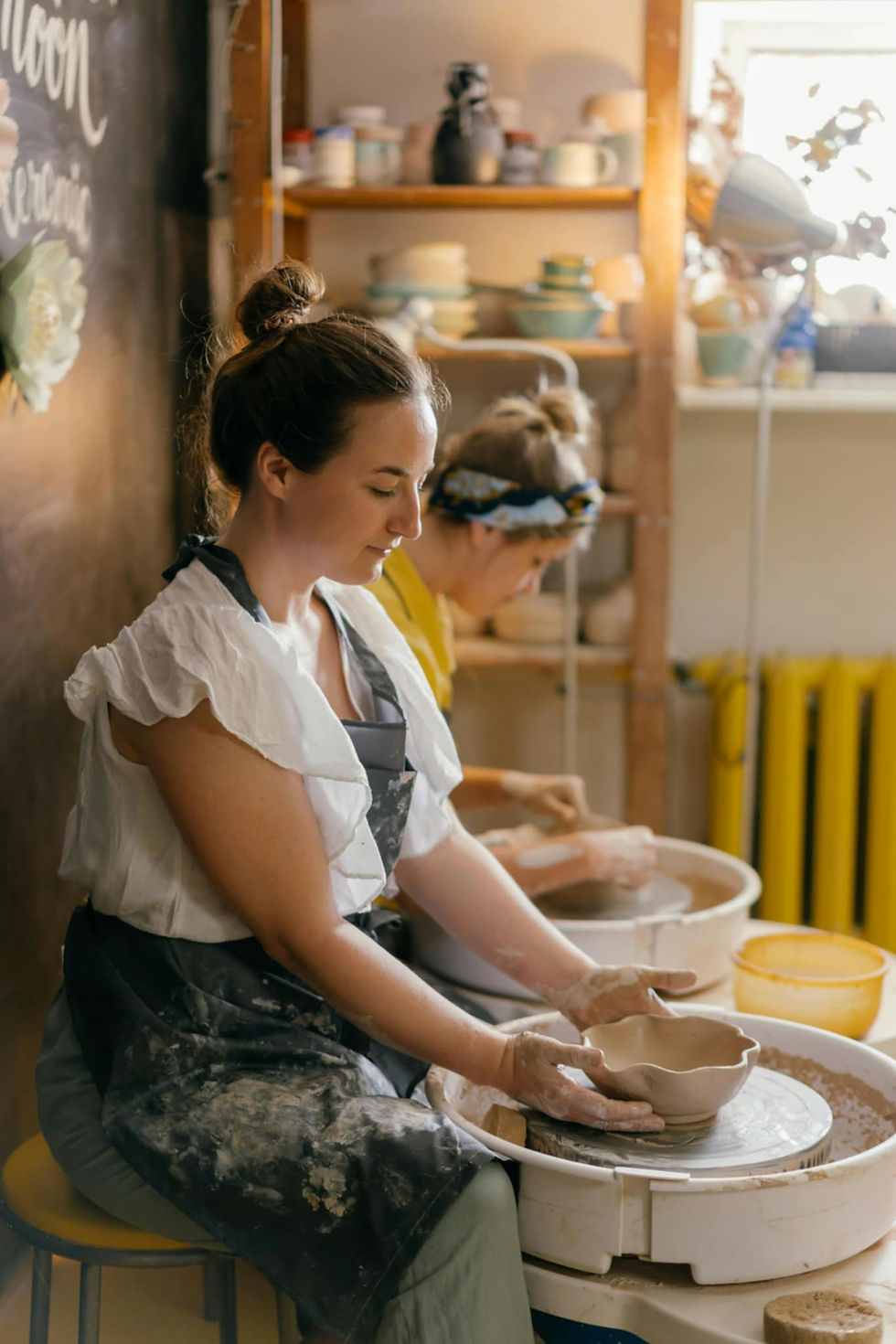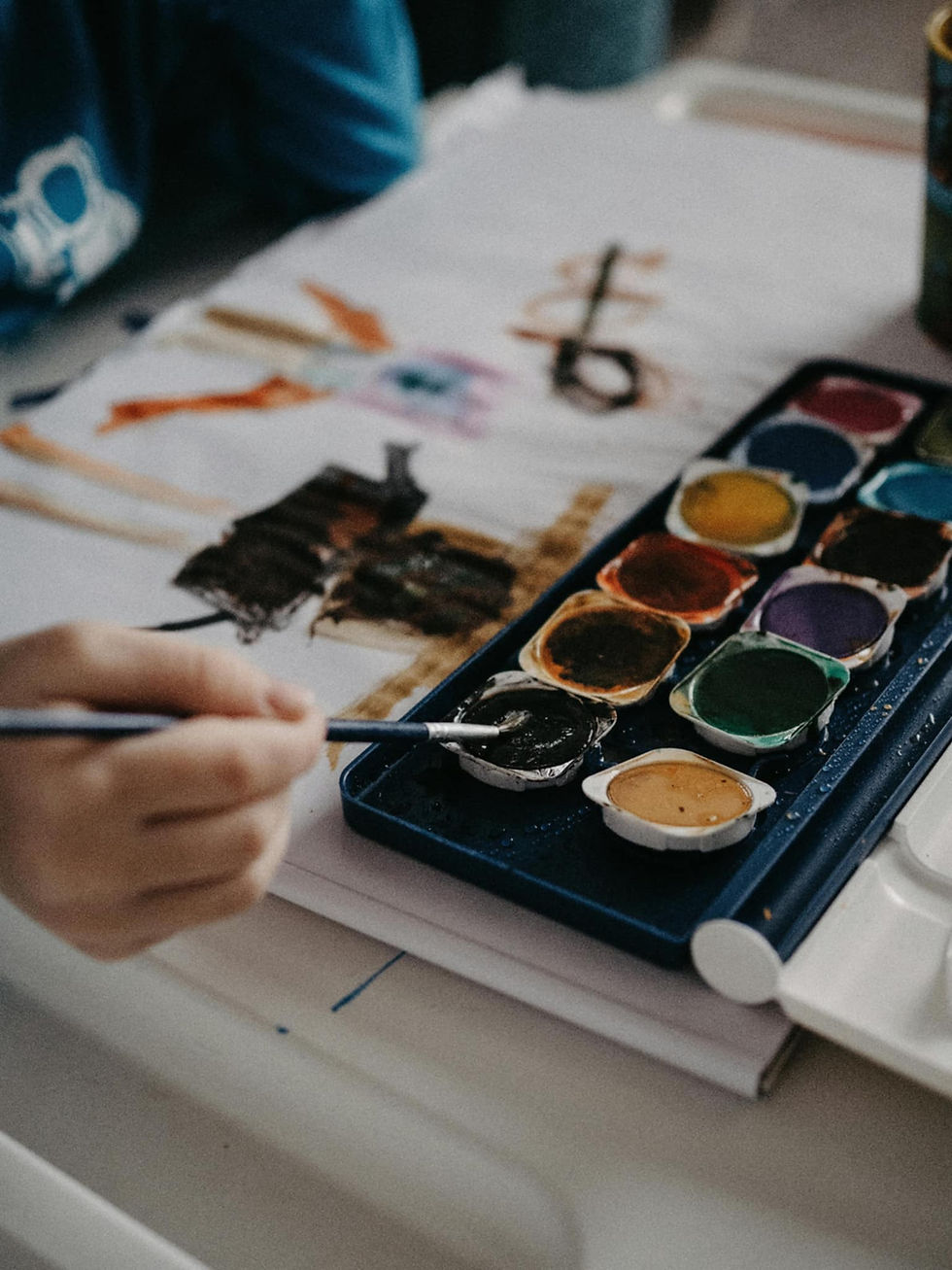Benefits of Learning a New Skill: How to Get Started
- primaraldinternshi
- May 30, 2025
- 5 min read

Learning a New Skill
Learning a new skill can be a total game-changer. It is like unlocking a whole new level of possibilities for yourself. Whether you're looking to supercharge your career, dive into a new hobby, or just keep your brain sharp, acquiring a new skill is an awesome way to challenge yourself and grow as a person. So, what skill have you been eyeing? Let's break it down and get you started on this exciting journey!
Enhanced Career Prospects

Learning a new skill is a career game-changer. It makes you a highly sought-after candidate, opening doors to new opportunities and promotions. By acquiring in-demand skills, you'll not only boost your resume but also demonstrate your adaptability and willingness to evolve with industry trends. This proactive approach to self-improvement showcases your commitment to growth and development, making you a valuable asset to any organization. With a new skill, you'll have the confidence to take on more challenging roles, lead projects, and drive innovation.
Improved Cognitive Function

Learning a new skill is a brain-boosting powerhouse. It challenges your mind, builds cognitive reserve, and keeps your brain sharp. By learning something new, you'll improve your memory, concentration, and problem-solving abilities. This cognitive stimulation can even help prevent cognitive decline and age-related memory loss. As you learn, you'll develop a more agile and adaptable brain, better equipped to handle complex problems and think creatively.
Increased Confidence

Mastering a new skill is a confidence catalyst. It gives you a sense of pride and accomplishment, empowering you to tackle new challenges. As you achieve your learning goals, you'll develop a growth mindset, becoming more resilient and confident in your abilities. This newfound confidence will spill over into other areas of your life, helping you take on leadership roles, network with professionals, and pursue new opportunities. You'll become more assertive, self-assured, and ready to take on the world.
Personal Growth

Learning a new skill is a transformative experience that unlocks personal growth. It pushes you out of your comfort zone, helping you develop new perspectives and discover hidden passions. As you learn, you'll challenge your assumptions, build resilience, and develop a more open-minded approach to life. This personal growth will translate to other areas of your life, helping you become more empathetic, creative, and self-aware. You'll emerge with a renewed sense of purpose and a more fulfilling life.
How to get Started
Identify Your Interests

The first step to learning a new skill is to identify what truly interests you. What do you enjoy doing in your free time? What topics do you find yourself reading about or exploring? When you're passionate about a subject, you'll be more motivated to learn and stick with it. For example, if you love photography, you might want to learn about editing softwares like Lightroom or Photoshop. If you're interested in coding, you might start with languages like Python or JavaScript. Take some time to reflect on what sparks your curiosity and excitement. What problems do you want to solve? What creative pursuits do you want to explore? By aligning your learning with your interests, you'll make the process more enjoyable and rewarding.
Set Clear Goals

Once you've identified your interests, it's time to set clear goals. What do you want to achieve with your new skill? Do you want to become proficient in a specific software or technology? Do you want to start a new career or side hustle? Setting specific, measurable goals will help you stay focused and motivated. For example, if you want to learn graphic design, your goal might be to create a portfolio of work within the next three months. Break down your goal into smaller, manageable tasks, and create a timeline for achieving them. This will help you track your progress and stay on track. Remember, setting clear goals is essential to making progress and achieving success in your learning journey.
Find Resources
With your goals in mind, it's time to find resources to help you learn. There are countless online courses, tutorials, books, and workshops available, so take some time to explore your options. For example, if you want to learn web development, you might start with online courses on platforms like Udemy, Coursera, or Codecademy. If you prefer hands-on learning, you might look for local workshops or coding meetups. Don't be afraid to try out different resources until you find what works best for you. You might also consider finding a mentor or joining a community of learners to support and motivate you. Remember, the key is to find resources that fit your learning style and goals.
Create a Schedule
To make progress with your new skill, you'll need to create a schedule and stick to it. Set aside dedicated time each week to practice and learn. For example, if you want to learn a new language, you might commit to practicing for 30 minutes each day. Use a planner, calendar, or app to schedule your learning sessions and track your progress. Be realistic about how much time you have available, and make sure to leave some buffer time for unexpected interruptions. Consistency is key when it comes to learning a new skill, so try to establish a routine that works for you. Remember, even small amounts of practice each day can add up over time.
Practice Consistently

The final step is to practice consistently. Learning a new skill takes time and effort, so it's essential to make practice a regular part of your routine. For example, if you're learning to play a musical instrument, you might practice for 15-20 minutes each day. As you practice, you'll start to see improvement and build momentum. Don't be discouraged if you encounter setbacks, they're a normal part of the learning process. Instead, focus on making progress and celebrating small wins along the way. Remember, consistent practice is key to mastering a new skill and achieving your goals. By sticking to your schedule and practicing regularly, you'll be well on your way to becoming proficient in your new skill.
Embracing lifelong learning is key to unlocking your full potential. By learning new skills, you'll not only enhance your career and cognitive abilities but also boost your confidence and open doors to new opportunities. So, what skill will you choose to learn next? The possibilities are endless, and the benefits are waiting for you. Take control of your growth, start learning, and watch your life flourish.
Start your learning journey today! Identify the skill you want to acquire, set clear goals, and take the first step towards unlocking your full potential. Share with us in the comments below: What skill do you want to learn next?
Written by Anita Omameh



Comments